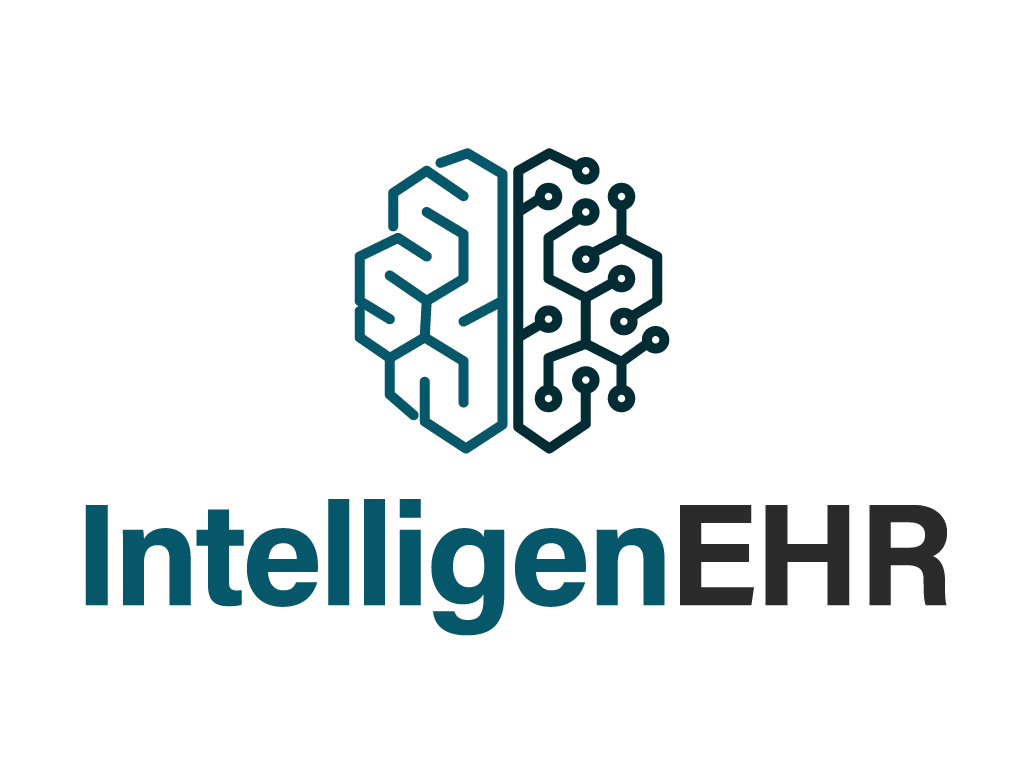
How EHR Reporting Transforms Healthcare Practices
Gone are the days of paper charts and manual record-keeping; today, technology plays a significant role in maintaining health-related details. The transition from traditional paper charts to Electronic Health Records (EHR) has revolutionized the way patient information is managed and utilized. EHRs have become increasingly popular, offering streamlined processes, enhanced patient care, and invaluable insights for healthcare providers.
This blog explains profound impact of EHR reporting on healthcare practices, exploring its benefits, challenges, and the future it holds.
What is Electronic Health Records (EHR)?
Before getting into the transformative power of EHR reporting, it’s crucial to understand the concept of Electronic Health Records.
Electronic Health Records (EHRs) are digital versions of patients’ paper charts, containing all the information’s about their medical history, diagnoses, medications, treatment plans, immunization dates, allergies, radiology images, and laboratory test results. Unlike paper records, EHRs allow for real-time, secure, and instant access to patient data, irrespective of location.
Benefits of EHR Reporting
Enhanced Efficiency and Accuracy
One of the most significant advantages of EHR reporting is its ability to improve the efficiency and accuracy of healthcare practices. With electronic records, healthcare providers can quickly retrieve patient information, reducing the time spent searching through paper files. Moreover, EHR systems minimize errors associated with illegible handwriting and misplaced documents, ensuring that patient data is accurate and up-to-date.
Comprehensive Patient Care
EHR reporting facilitates comprehensive patient care by providing a holistic view of each patient’s medical history. Healthcare providers can access a patient’s entire health record, enabling them to make informed decisions regarding diagnosis and treatment. Additionally, EHRs support care coordination among multiple providers, ensuring that all stakeholders are on the same page regarding the patient’s healthcare journey.
Data-Driven Insights
Perhaps one of the most transformative aspects of EHR reporting is its capacity to generate data-driven insights. By aggregating and analyzing vast amounts of patient data, healthcare organizations can identify trends, patterns, and correlations that inform clinical decision-making and drive quality improvement initiatives. These insights not only enhance patient outcomes but also contribute to the advancement of medical research and population health management.
Regulatory Compliance
In an increasingly regulated healthcare environment, EHR reporting plays a pivotal role in ensuring regulatory compliance. EHR systems are designed to adhere to strict privacy and security standards, such as the Health Insurance Portability and Accountability Act (HIPAA), safeguarding patient confidentiality and protecting sensitive health information from unauthorized access or breaches.
Challenges and Considerations
While the benefits of EHR reporting are undeniable, healthcare organizations must navigate certain challenges and considerations when implementing and utilizing these systems.
Implementation Costs and Training
The initial investment required for implementing EHR systems can be substantial, including software licensing fees, hardware purchases, and training costs for staff. Moreover, transitioning from paper-based to electronic records necessitates comprehensive training programs to ensure that healthcare providers and support staff are proficient in using the new technology effectively.
Interoperability and Data Standardization
Interoperability remains a significant challenge in the realm of EHR reporting, as healthcare organizations grapple with disparate systems that often lack seamless integration. Achieving interoperability requires the standardization of data formats, coding conventions, and communication protocols to facilitate the seamless exchange of information between different EHR platforms and healthcare stakeholders.
Data Security and Privacy Concerns
As EHR systems store vast amounts of sensitive patient data, ensuring data security and privacy is paramount. Healthcare organizations must implement robust cybersecurity measures to protect against data breaches, ransomware attacks, and unauthorized access. Additionally, compliance with regulations such as HIPAA and the General Data Protection Regulation (GDPR) is essential to maintain patient trust and confidentiality.
The Future of EHR Reporting
Looking ahead, the future of EHR reporting holds immense promise for further transforming healthcare practices and improving patient outcomes.
Artificial Intelligence and Predictive Analytics
The integration of artificial intelligence (AI) and predictive analytics into EHR systems is poised to revolutionize healthcare delivery. AI algorithms can analyze large datasets to identify high-risk patients, predict disease progression, and recommend personalized treatment plans, thereby optimizing clinical decision-making and resource allocation.
Patient Engagement and Empowerment
EHR reporting can empower patients to take an active role in managing their health and wellness. Patient portals integrated with EHR systems allow individuals to access their medical records, schedule appointments, communicate with healthcare providers, and participate in shared decision-making regarding their care. By fostering greater engagement and transparency, EHR reporting promotes patient-centered healthcare delivery.
Blockchain Technology for Data Security
Blockchain technology holds promise for enhancing the security and integrity of EHR systems. By utilizing distributed ledger technology, blockchain can create tamper-proof records of patient data, ensuring transparency, immutability, and decentralization. Blockchain-based EHR systems have the potential to mitigate data breaches and unauthorized access while preserving patient privacy and confidentiality.
Also Read, How To Select Right Behavioral Health EHR Vendors
Conclusion
EHR reporting represents a transformative milestone in the evolution of healthcare practices. By digitizing patient records, facilitating data-driven insights, and enhancing care coordination, EHR systems have revolutionized the way healthcare is delivered, ultimately improving quality of treatment and patient outcomes.

Leave a Reply